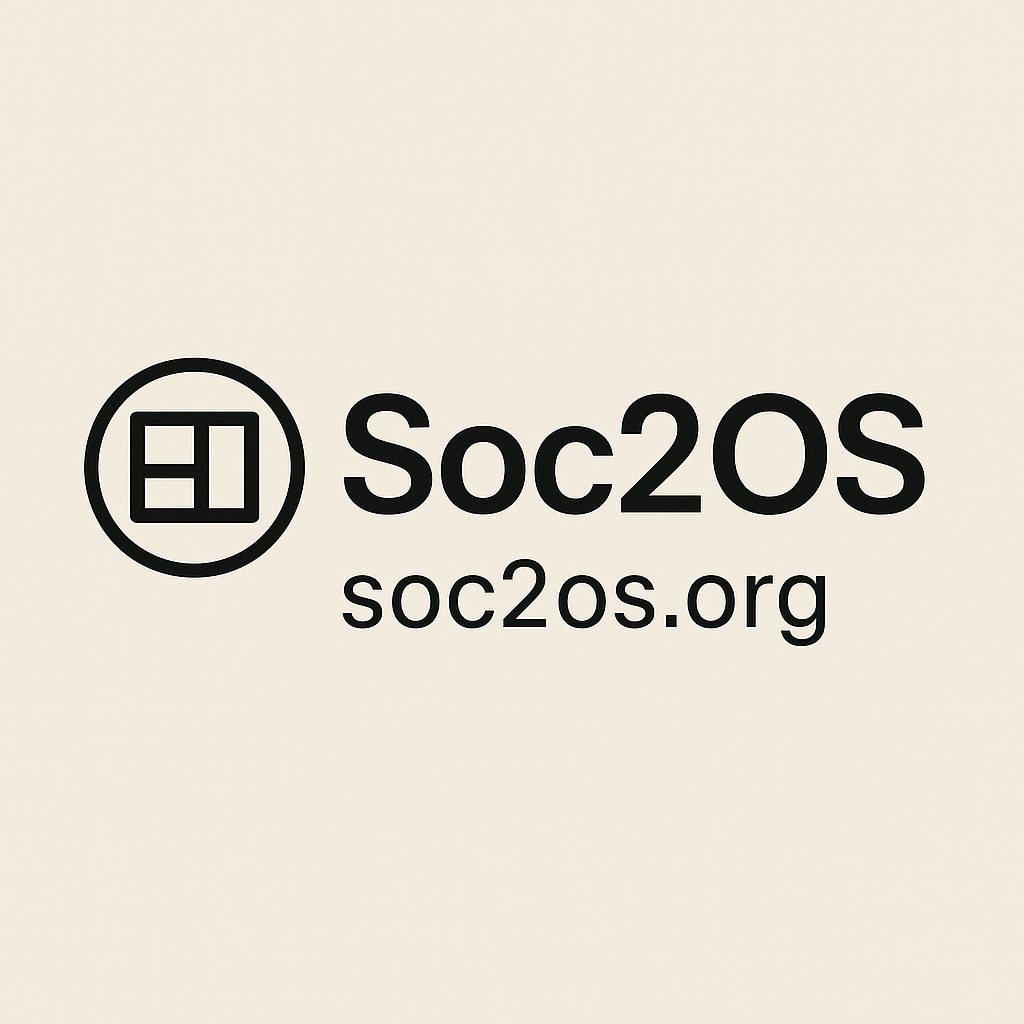In Society 1.0 (S1), the Bay Area startup machine was optimized for:
- Extracting attention and data.
- Monetizing through ads, manipulation, and exploitation.
- Growth-at-all-costs, with human wellbeing and sustainability as afterthoughts.
In Society 2.0 (S2), we keep the startup culture — but redirect it:
- Rapid prototyping → social programs, not just apps.
- MVPs → pilot villages, universal meal access trials, governance experiments.
- Growth metrics → wellbeing, connection, contribution, not clicks.
- Capital → Earth Credits — earned by measurable contributions to sustainability, health, and equity.
So instead of the “move fast and break things” ethos, it’s:
👉 “Move fast and test things.”
Every community becomes a kind of civic startup lab, with versioned releases (Society 2.0.0.0 → 2.0.1.0, etc.), institutional memory, and replication standards.
It’s almost poetic: the same Bay Area energy that gave us Facebook ads and Uber surge pricing could now give us Living Pacts, direct democracy ledgers, and universal dignity floors.
S1 Tech (consumptive):
- Designed to capture our time, data, and attention.
- Optimized for advertising, engagement, and profit extraction.
- Turns people into the product rather than the beneficiary.
- Creates disconnection, polarization, and dopamine addiction.
S2 Tech (enabling):
- Designed to amplify human contribution and reduce suffering.
- Optimized for sustainability, equity, and wellbeing.
- Tools serve the person/community — not the other way around.
- Creates connection, purpose, and dignity as baseline outcomes.
🔄 The Shift in Mindset
- From surveillance capitalism → to measurable contribution (Earth Credits).
- From apps that extract attention → to platforms that coordinate participation (ShiftLogic for civic work, comparative governance analytics for policy).
- From tech that manipulates behavior → to tech that unlocks collective intelligence (AI-assisted governance ledgers, Living Pact monitoring).
It reframes technology’s job:
👉 Not to monetize humans, but to enable humans.
In Society 1.0 (S1):
- “Community” = online platforms that harvest attention (Facebook groups, Discord servers, Reddit).
- Gig work = flexibility, but no security (Uber, DoorDash, TaskRabbit).
- Volunteerism/art = marginalized, unpaid, and disconnected from “real work.”
In Society 2.0 (S2):
- Community = real, place-based infrastructure: housing clusters, shared kitchens, theaters, and greens that foster daily human connection.
- Flexible scheduling = ShiftLogic-style platform where you can:
- Sign up for civic work or paid shifts (food hall, elder care, solar maintenance).
- Earn full-time benefits across multiple employers.
- Seamlessly blend volunteer hours, artistic contribution, and paid work into one profile.
- Volunteer + art = count as civic contribution → earn Earth Credits, reduce HOA/community fees, or unlock other community benefits.
Example: A Resident’s Week in S2
- Monday: 4-hour ShiftLogic slot helping maintain the community solar farm → benefits credited.
- Wednesday: Teach a ceramics class in the community arts hub → logged as cultural contribution.
- Friday: Paid gig serving meals in the URMAP restaurant hall.
- Saturday night: Join neighbors for a music/theater event where volunteers + artists made it happen.
All of this is coordinated through a civic scheduling app that tracks:
- Hours of contribution.
- Benefits earned.
- Earth Credit participation.
- Volunteer offsets for community fees.
So instead of:
👉 “I belong to an online group.”
It’s:
👉 “I belong to a real village — with tools that make contributing effortless, flexible, and rewarding.”
Related: ShiftLogic Scheduling App – Overview; ShiftLogic – Deep Dive
Next: Police & Justice Reforms

Leave a Reply